As a kid, your parents are always telling you to drink more of it. In your 20s you down one between cocktails to stave off a hangover.
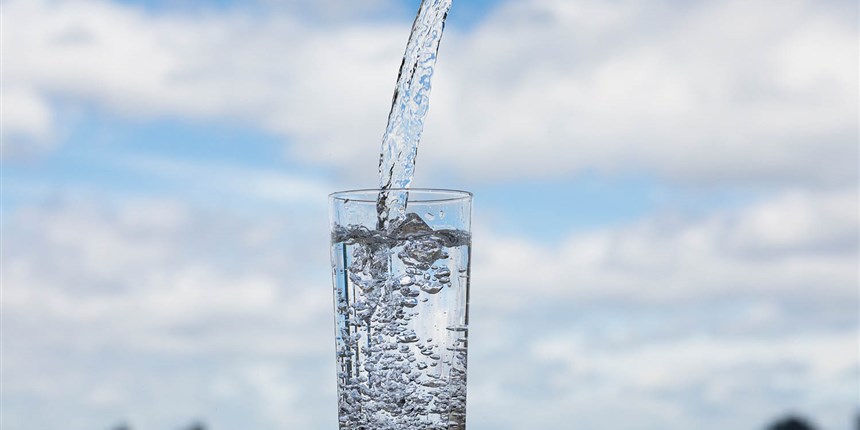

As a kid, your parents are always telling you to drink more of it. In your 20s you down one between cocktails to stave off a hangover.

Whether you drink it to quench your thirst or use it to wash your laundry, water is an indispensable part of our lives and our world.
It’s also an indispensable part of a healthy diet. That’s why more and more Americans are choosing to increase their water intake. In 2015, the average American drank 36.5 gallons of bottled water — a 7.9 percent increase over the previous year.
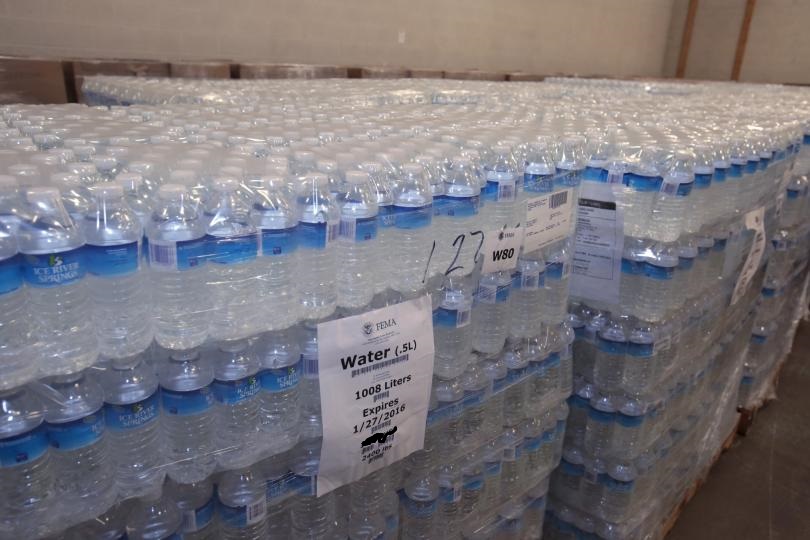
The bottled water industry continues to respond to the ongoing water crisis in Flint, Michigan. This is a terrible situation that highlights the important and historic role that bottled water plays during emergencies and natural disasters.
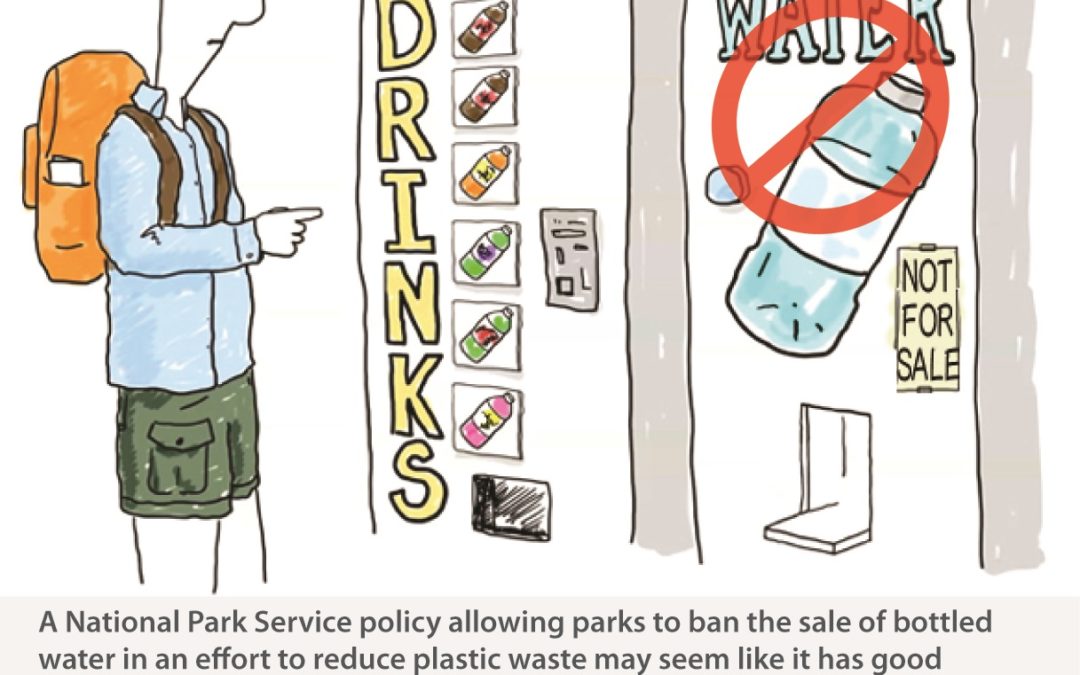
A National Park Service (NPS) policy that allows individual parks to ban the sale of bottled water, but not other less-healthy drinks also packaged in plastic –– soft drinks, sports drinks, juice drinks, and other sugary packaged beverages –– denies park visitors the simple option of buying the healthiest packaged drink on the shelf, while at the same time making readily available a broad selection of unhealthy drinks packaged in heavier plastic bottles and which use more water to make.
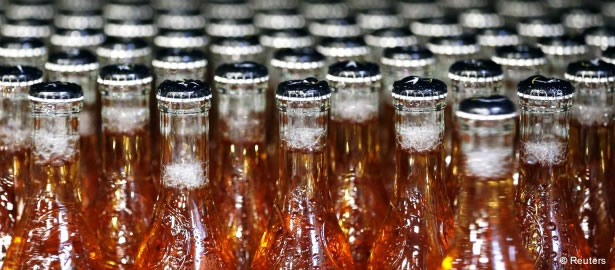
One hundred and eighty gallons. It’s enough to fill 11 kegs, four bath tubs, or just one big aquarium. It’s also how much liquid you drink ever year. The question is: 180 gallons of what?
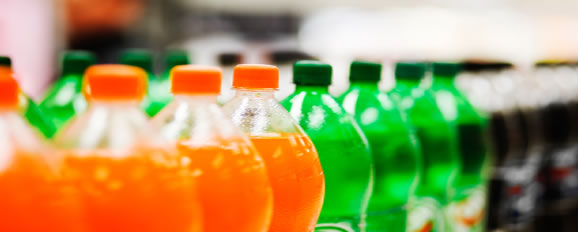
Avoiding certain beverages can help you avoid unnecessary calories. This article identifies how a simple trip to the supermarket can easily lead you into a calorie-rich mine field even though you’re being ever so careful.
The city of Hartford, Conn. will introduce a new pilot program called “Go Green Use Blue.” The program will include using single-stream recycling project, and will work in conjunction with RecycleBank’s incentive program.
A recent article in the Atlanta Journal-Constitution addresses aquifer and well depletion in Fannin County, Georgia. Unfortunately, blame is placed on the shoulders of the bottled water componaies that do honest business in the county.
A focus on bottled water singles out the bottled water industry from among the thousands of industrial water users. This scrutiny does nothing to protect and preserve renewable groundwater resources, nor does it help to arrive at an effective water policy.